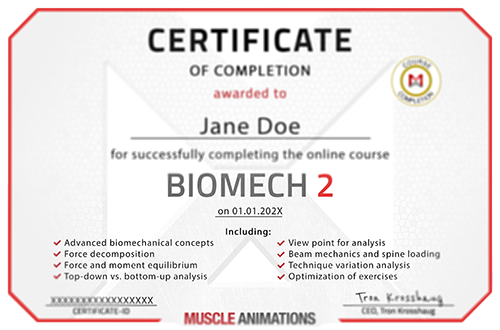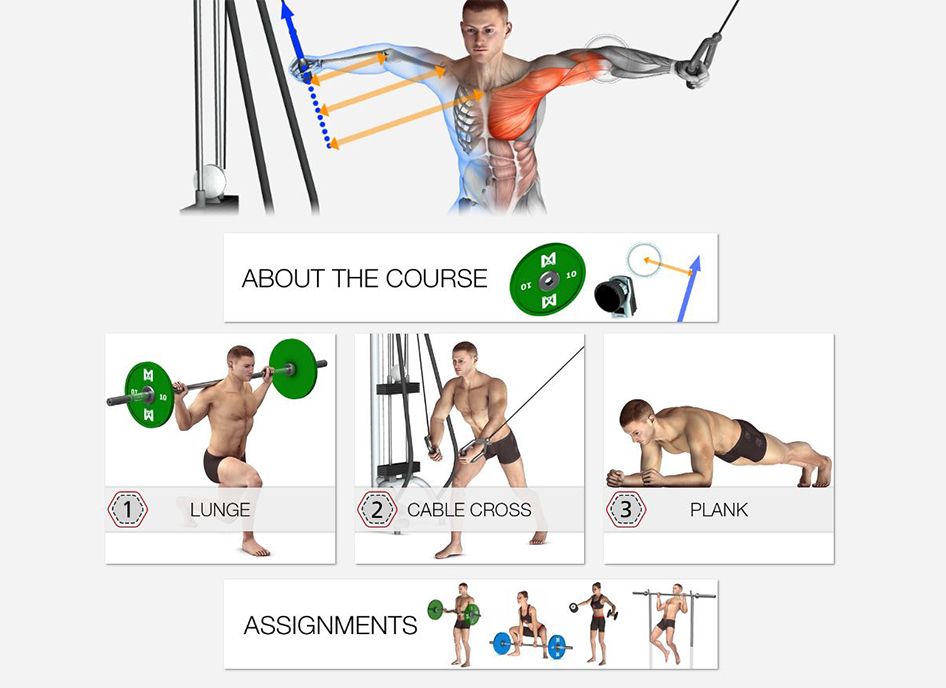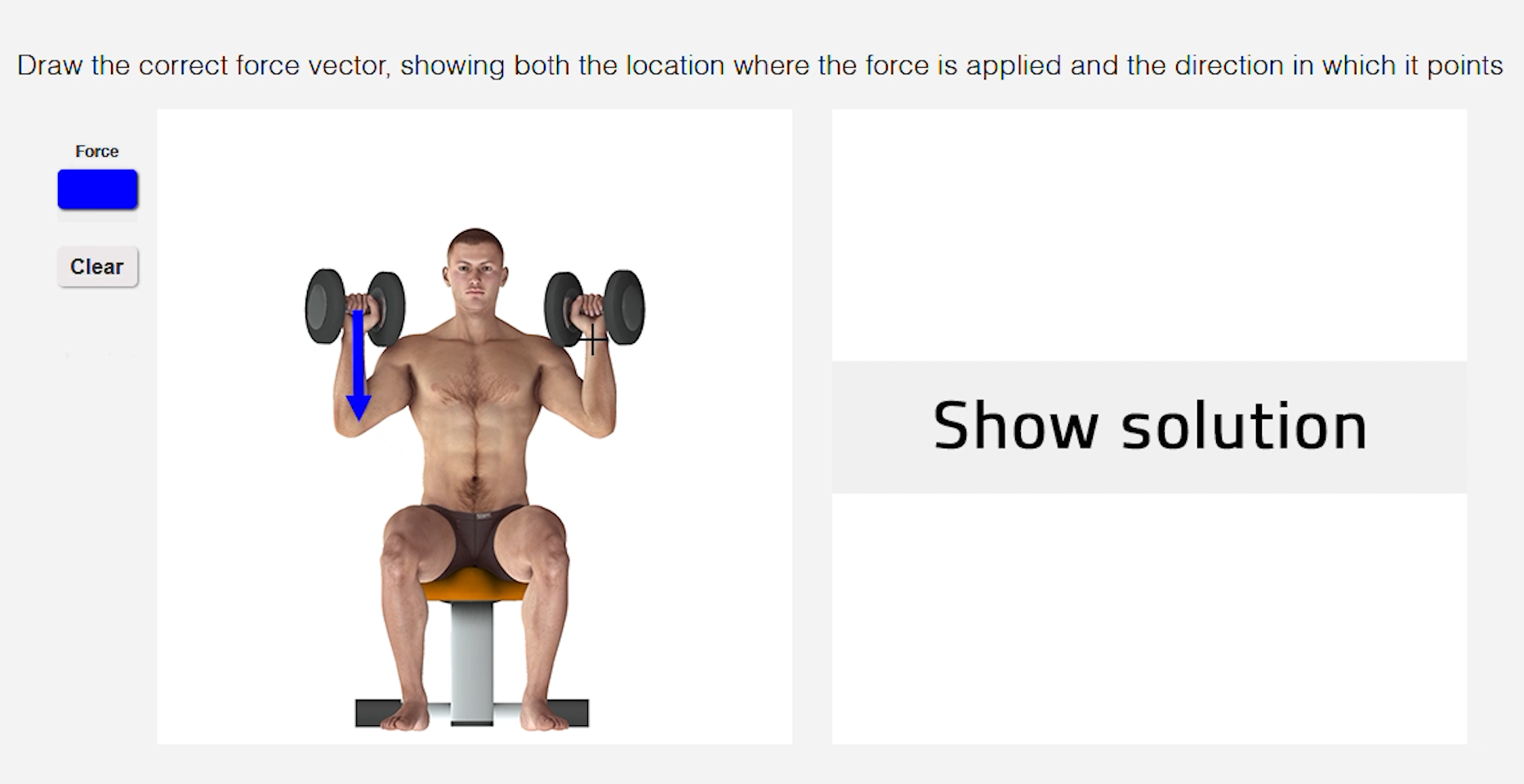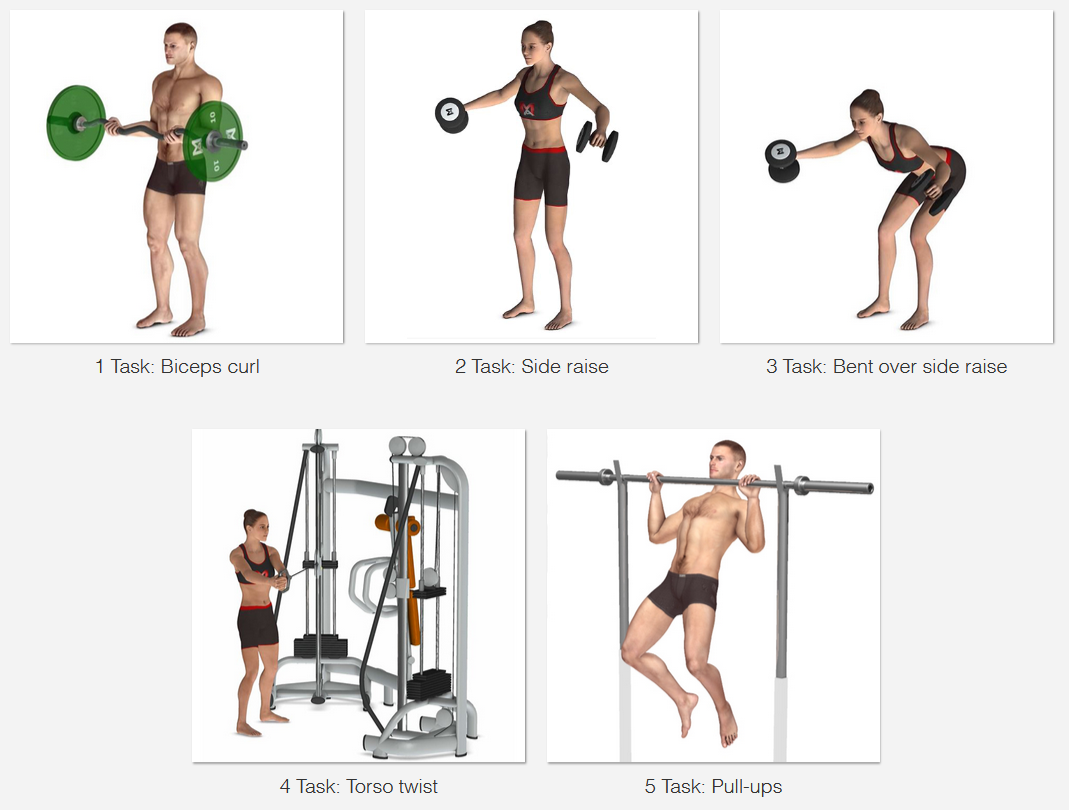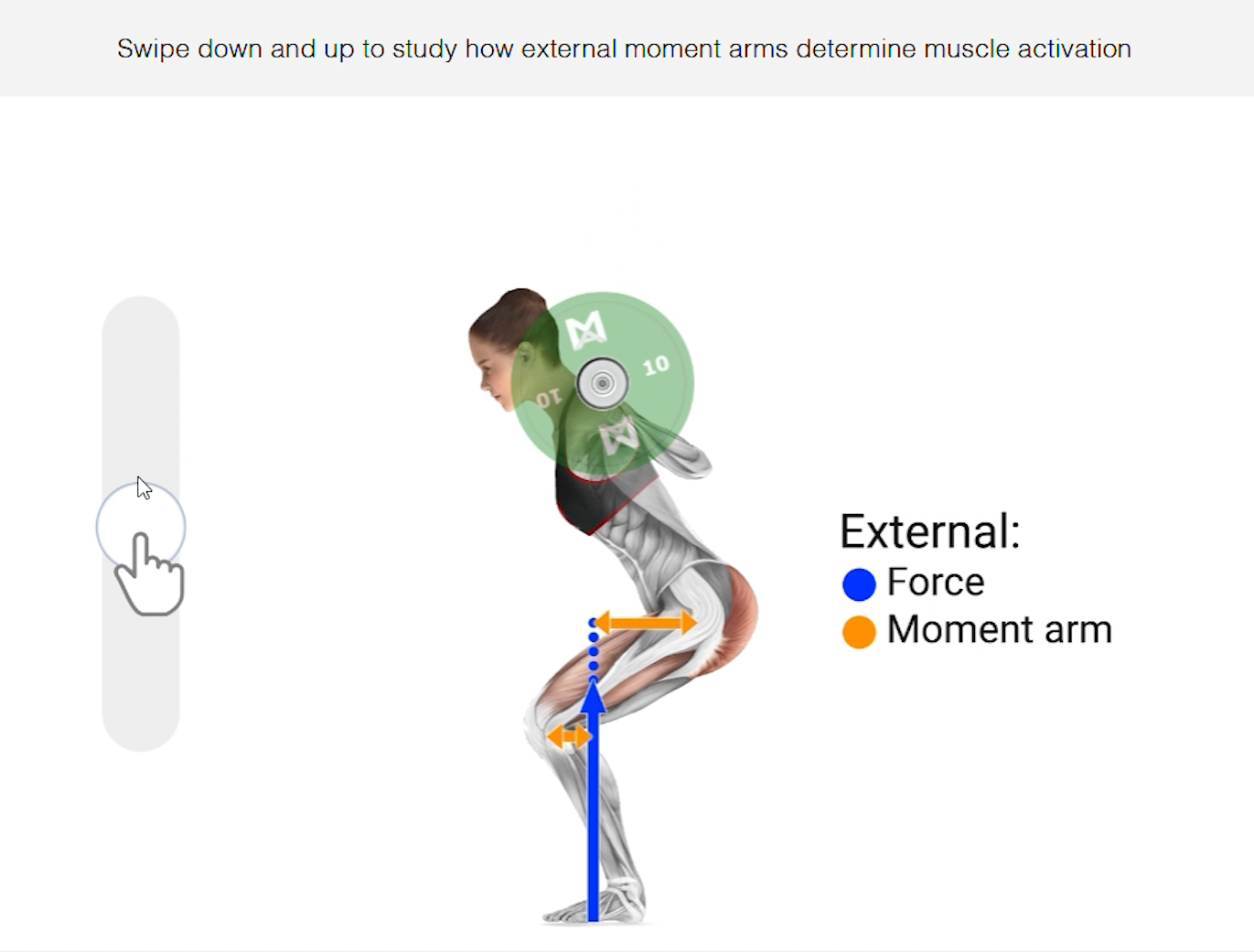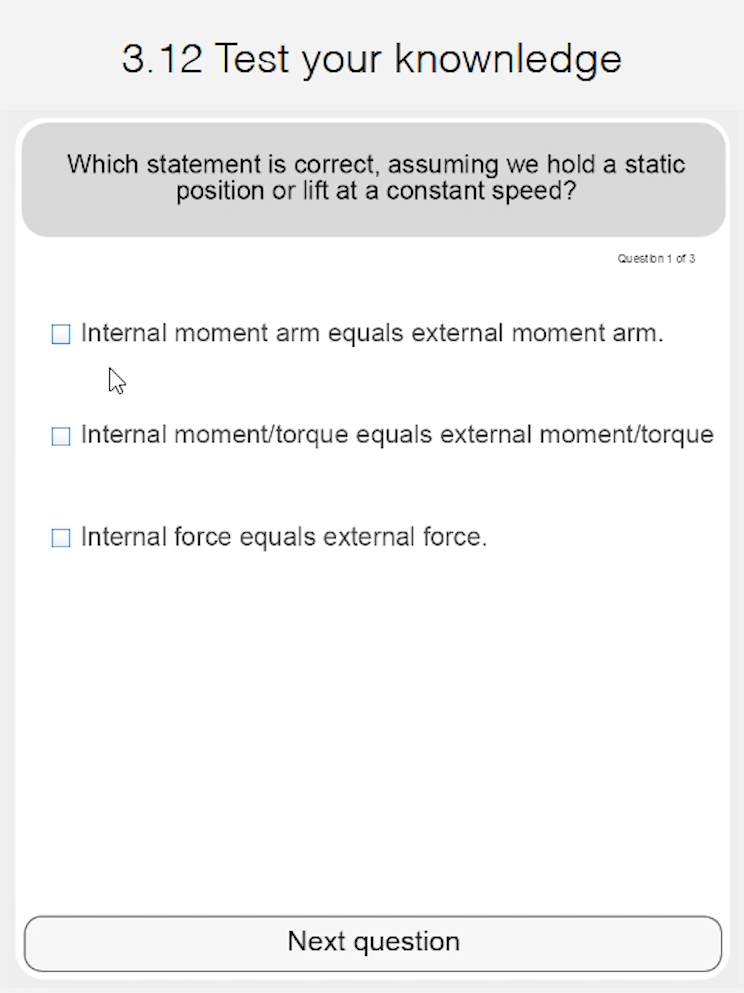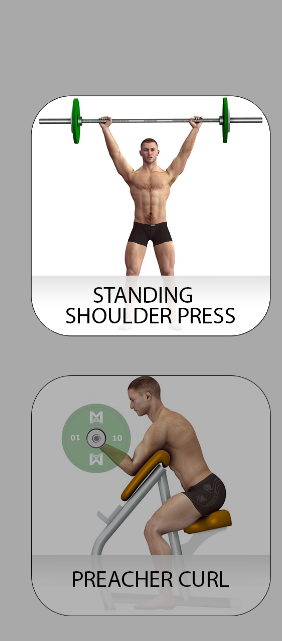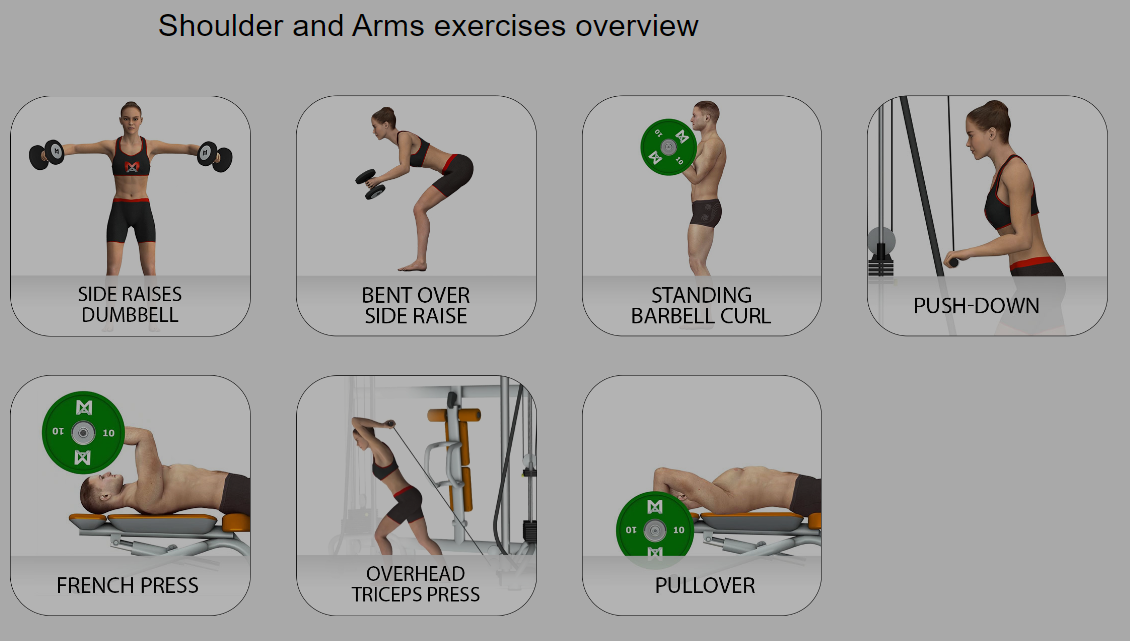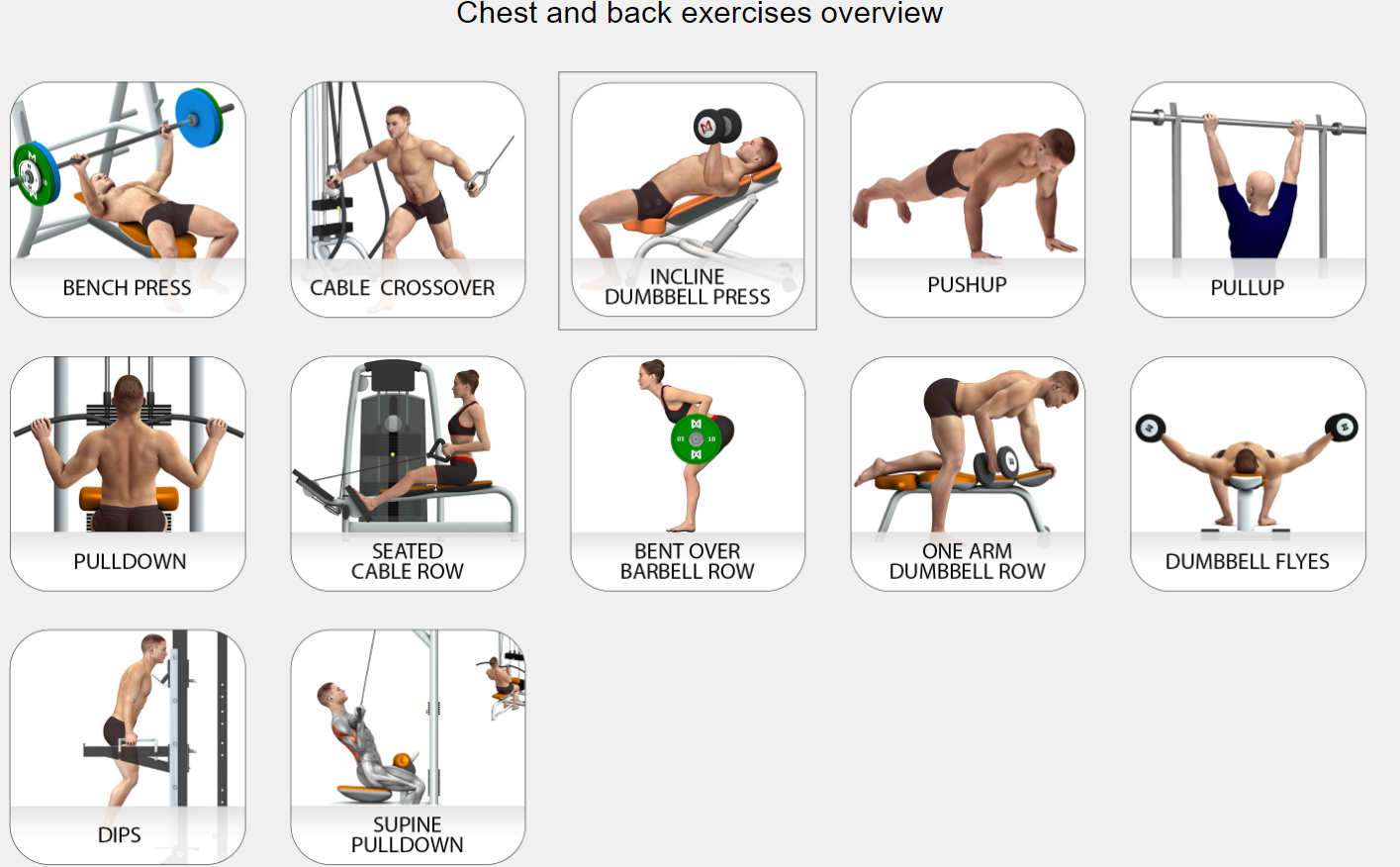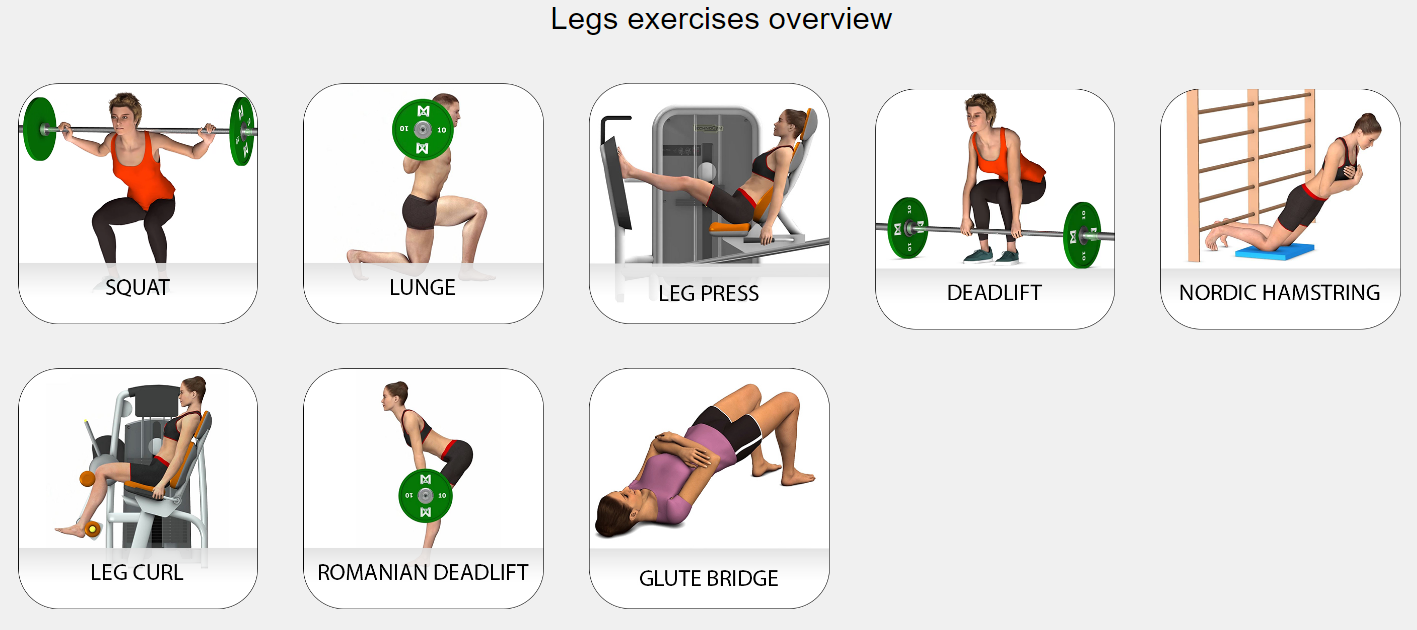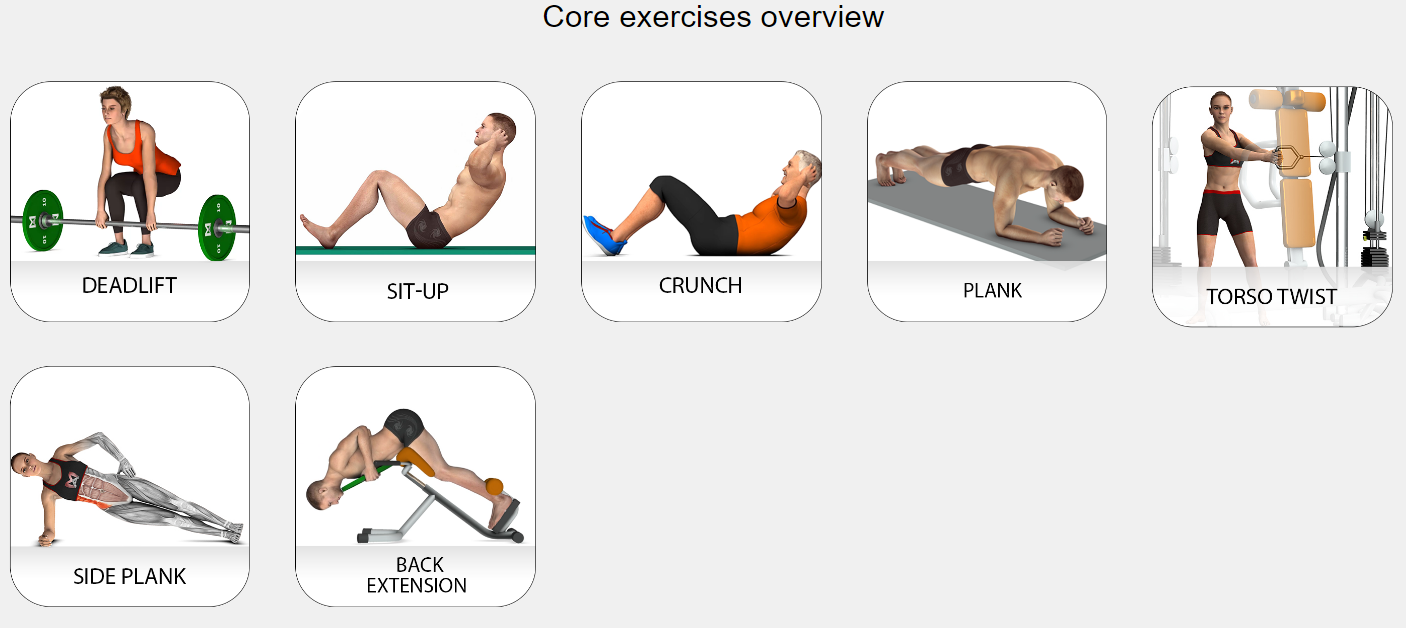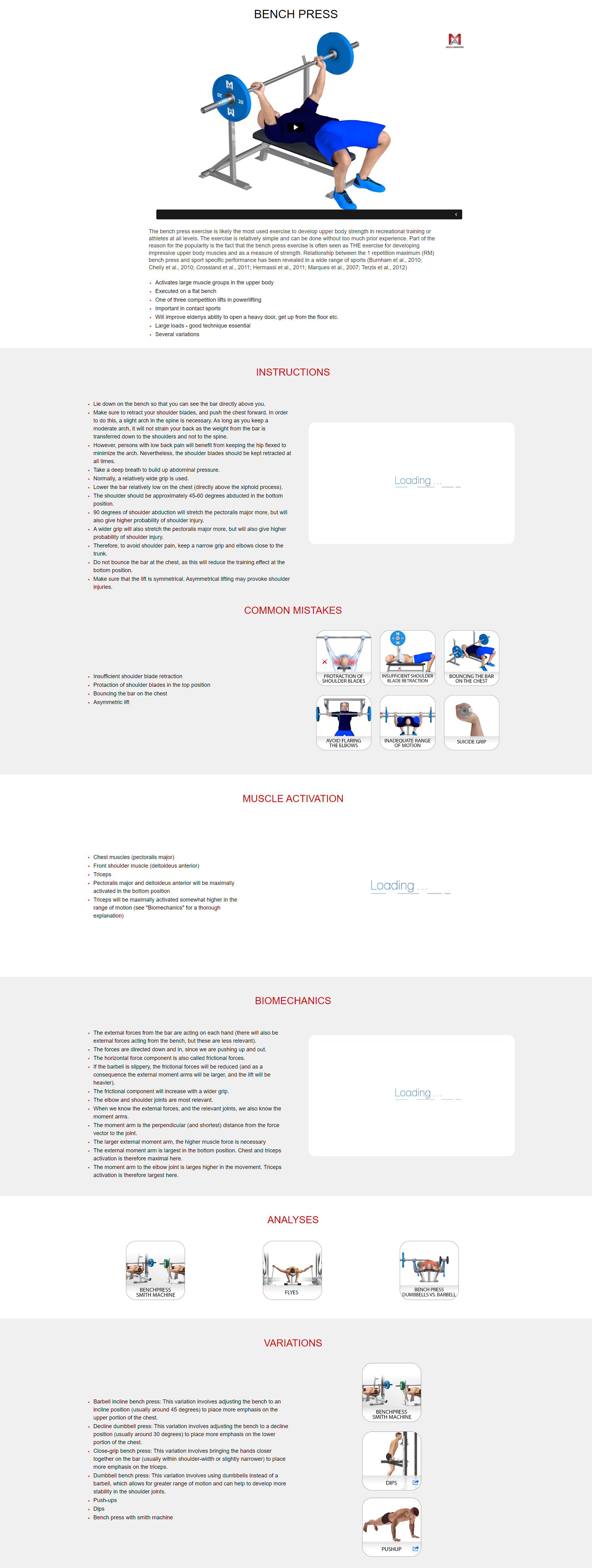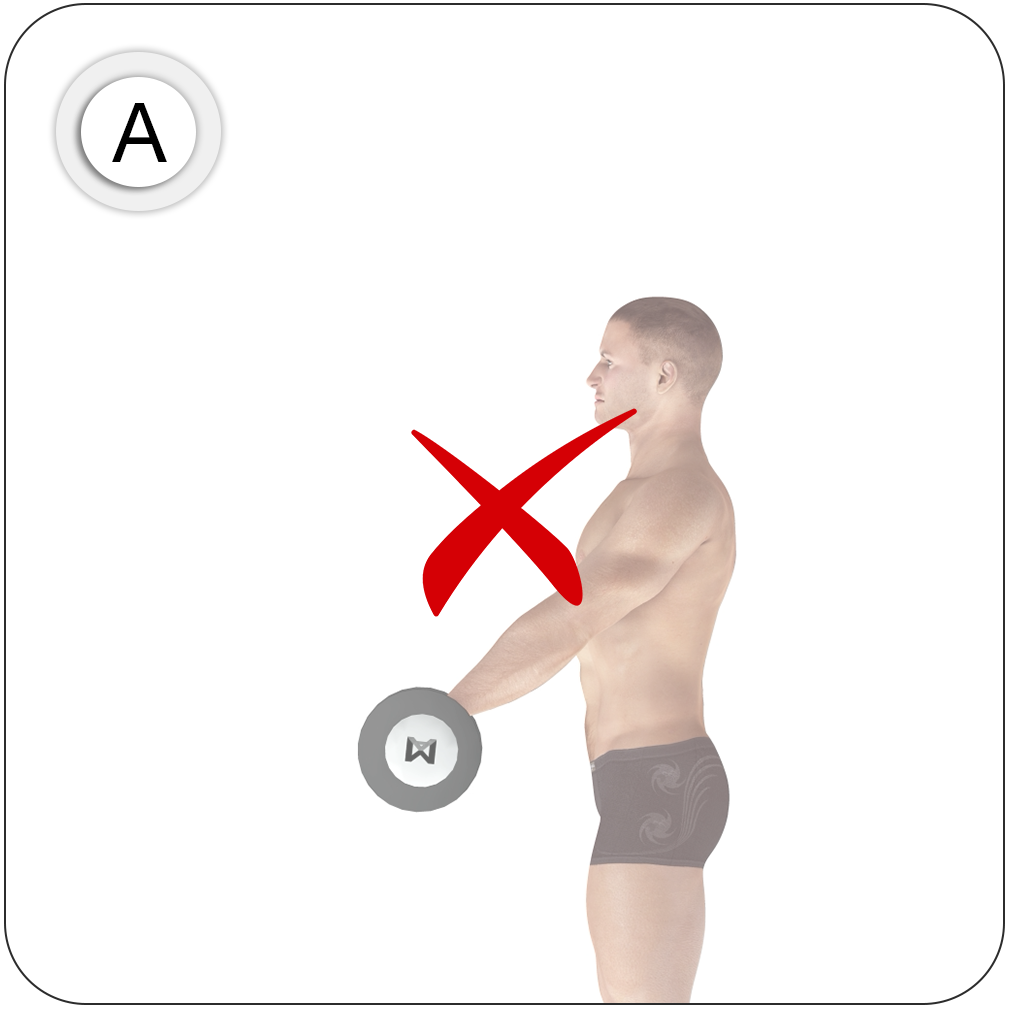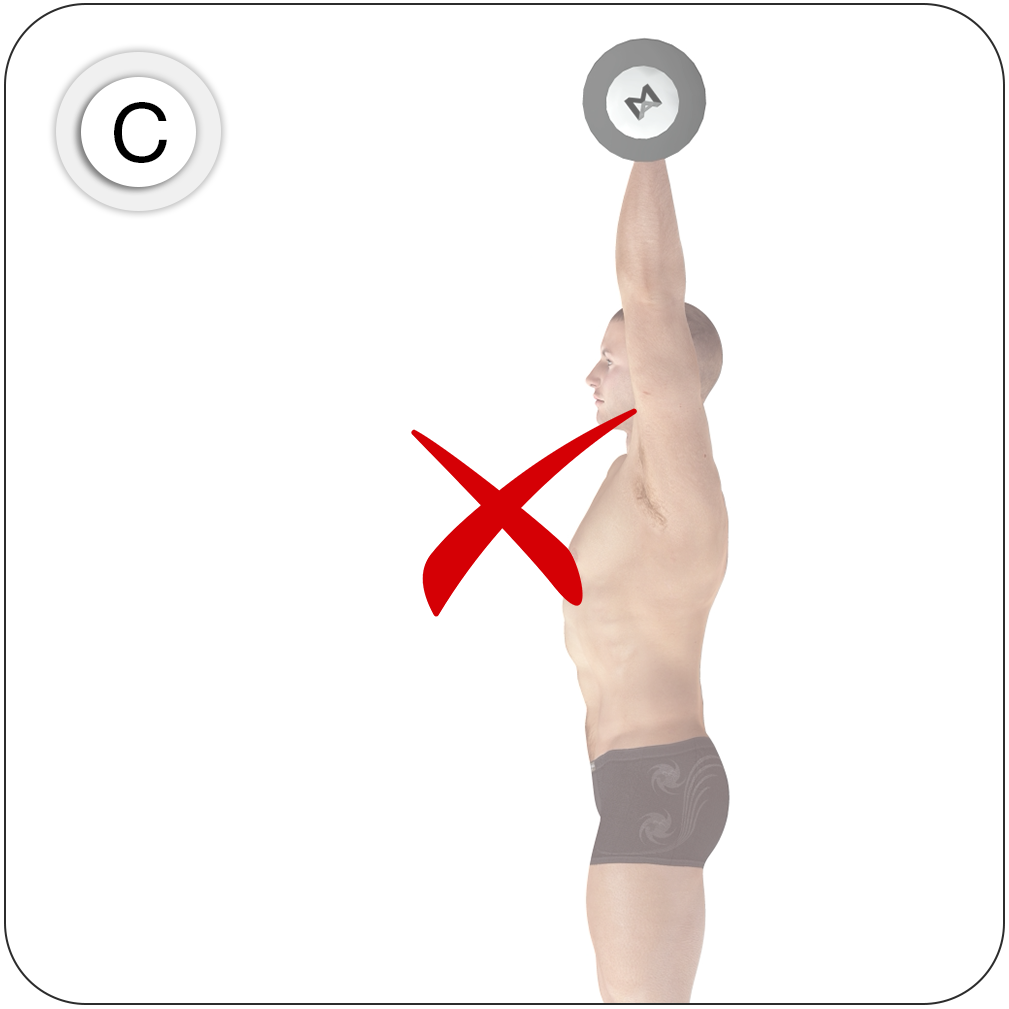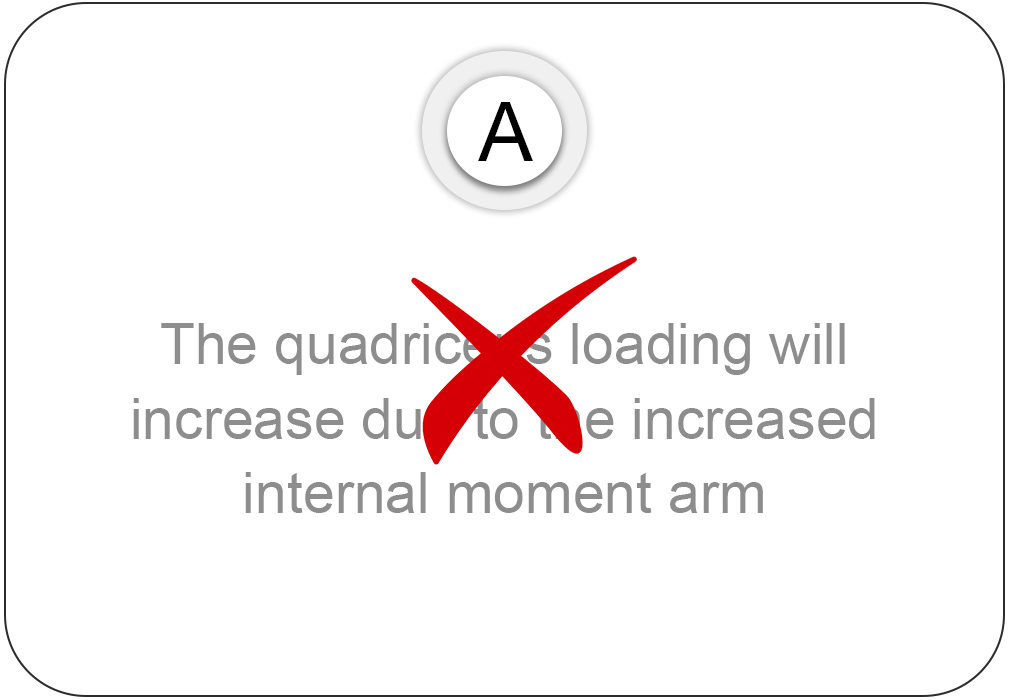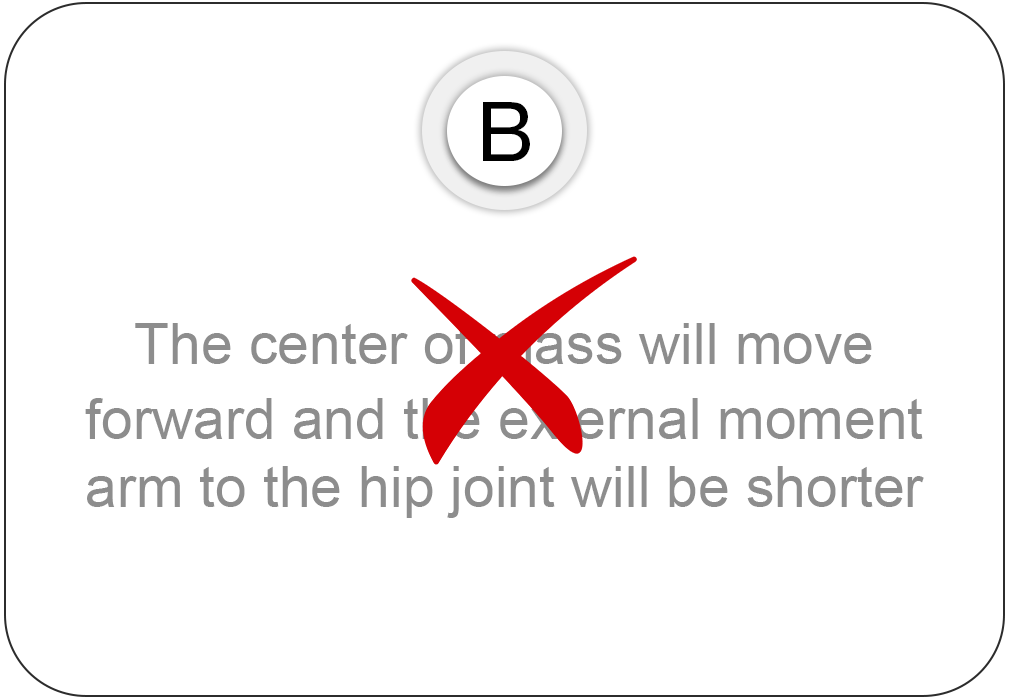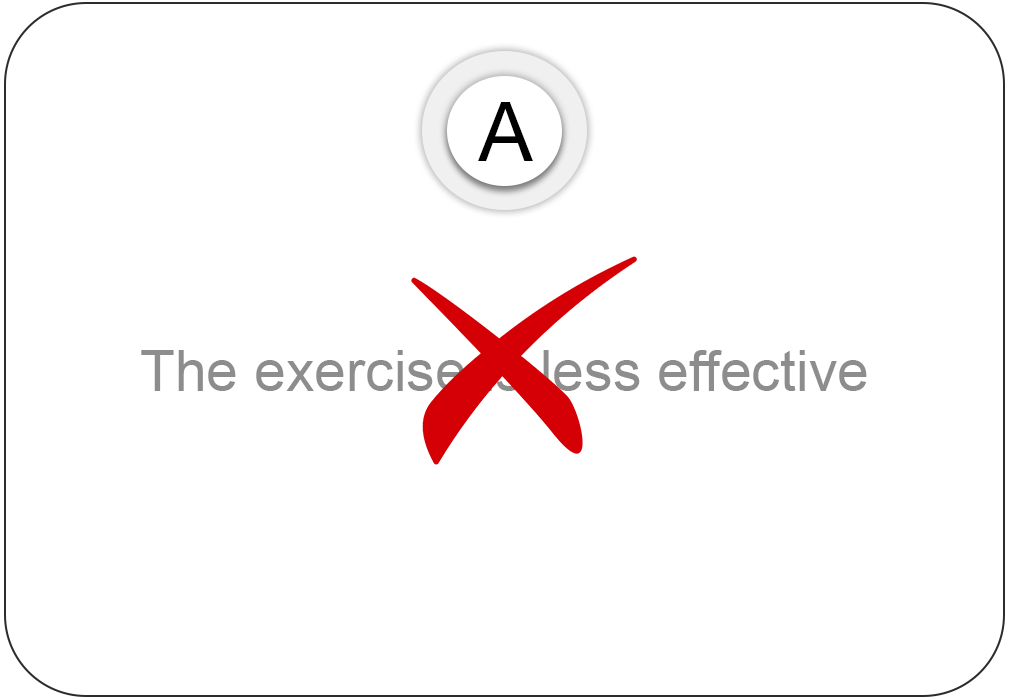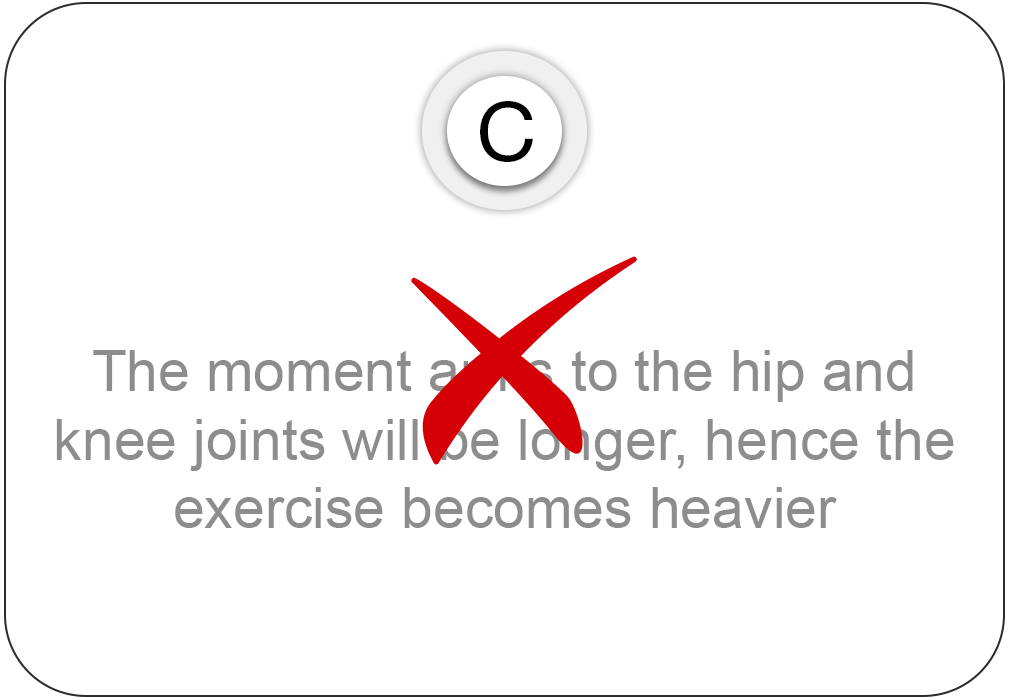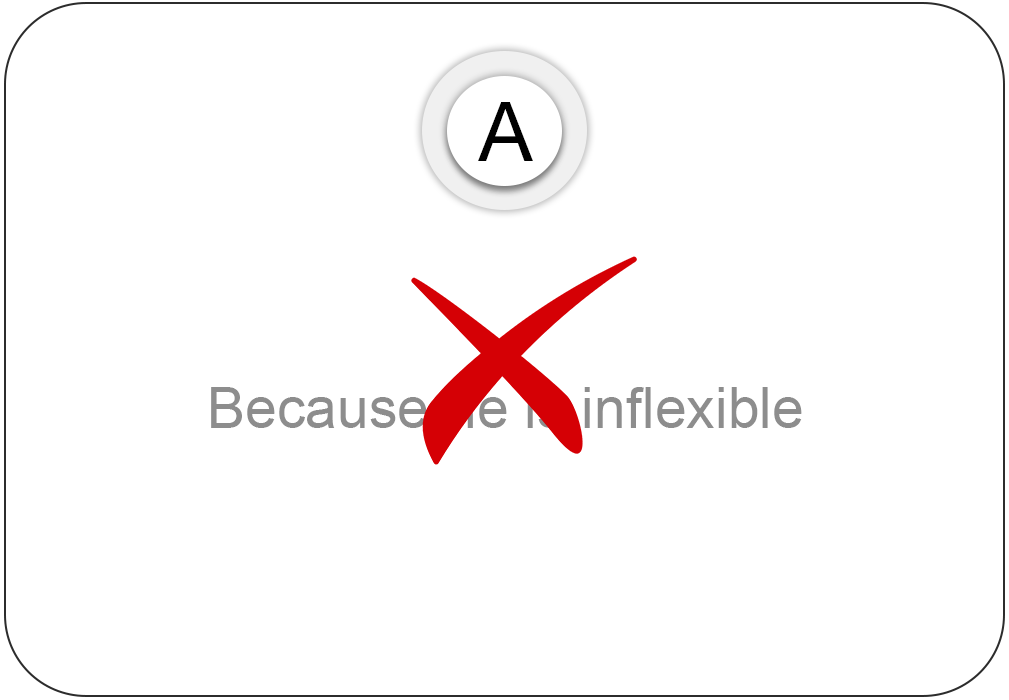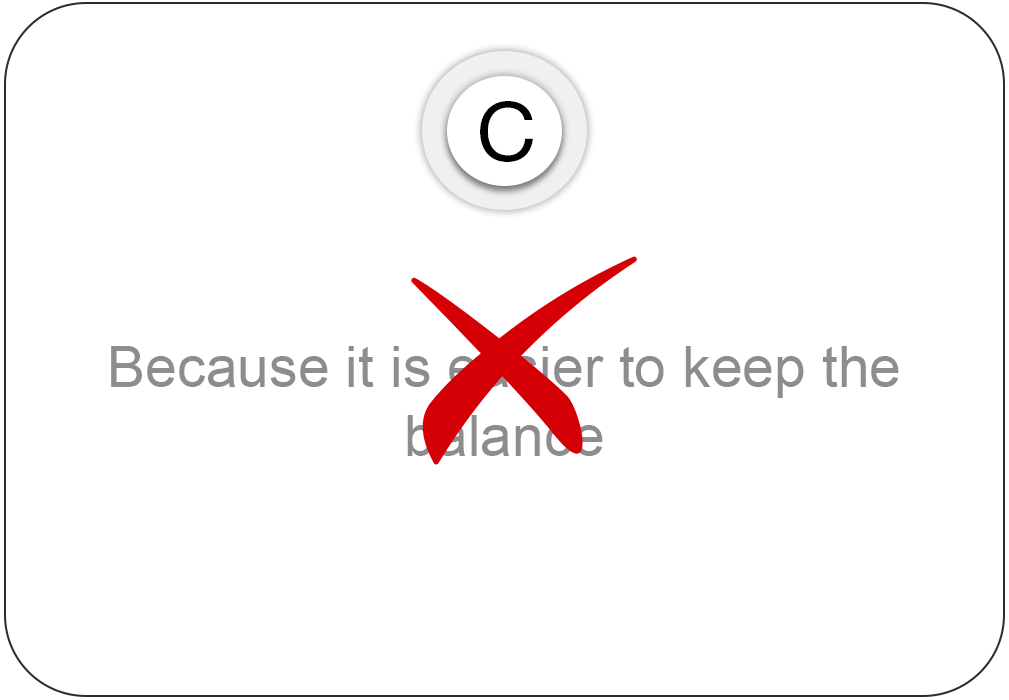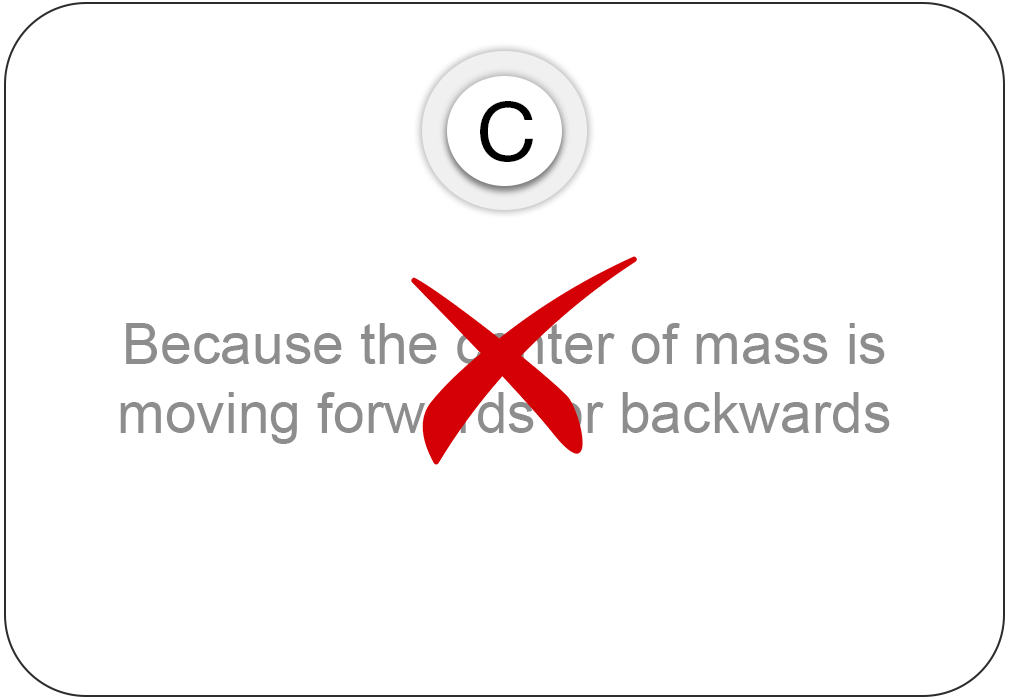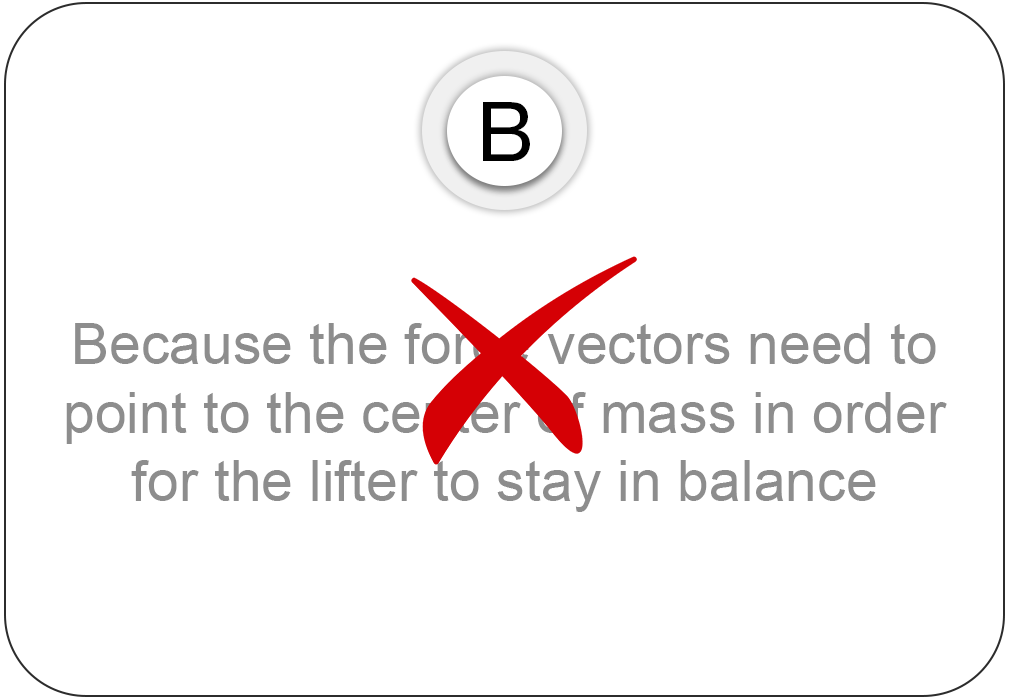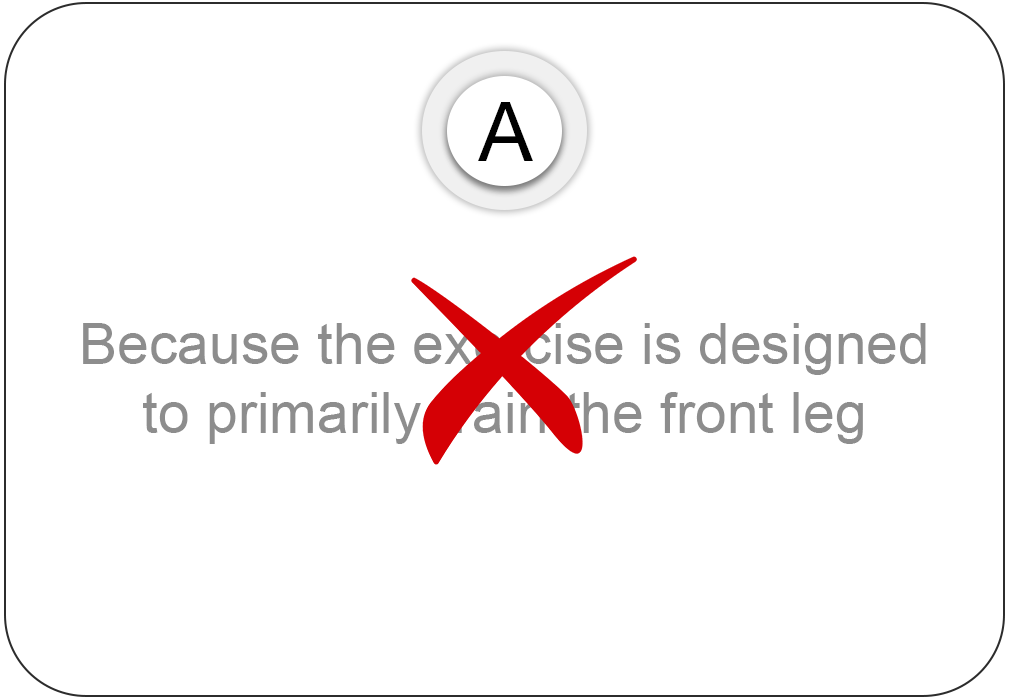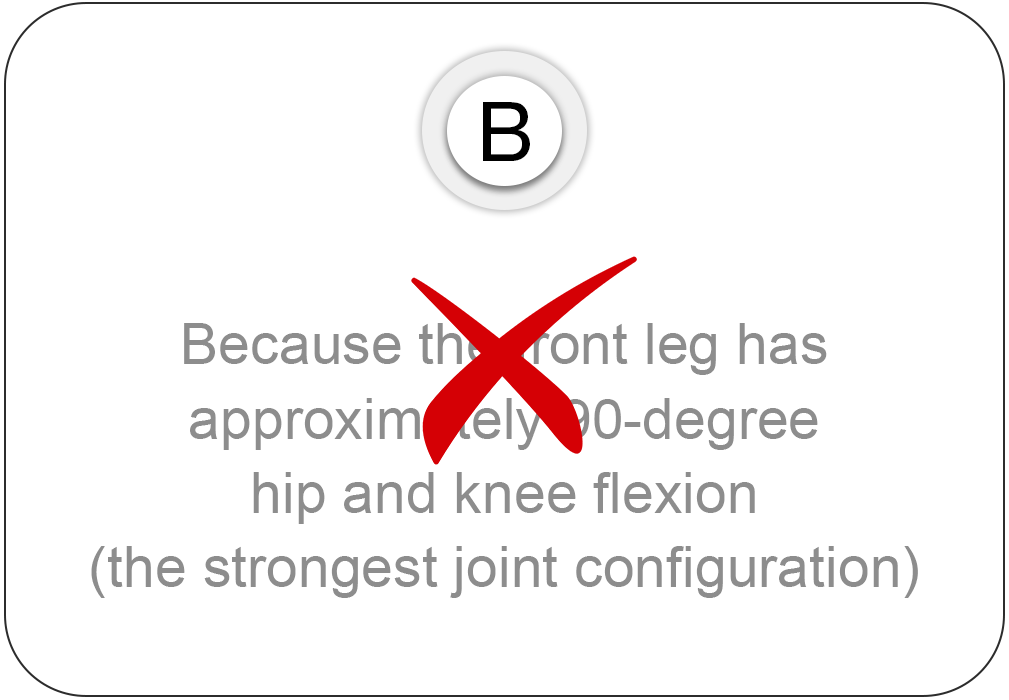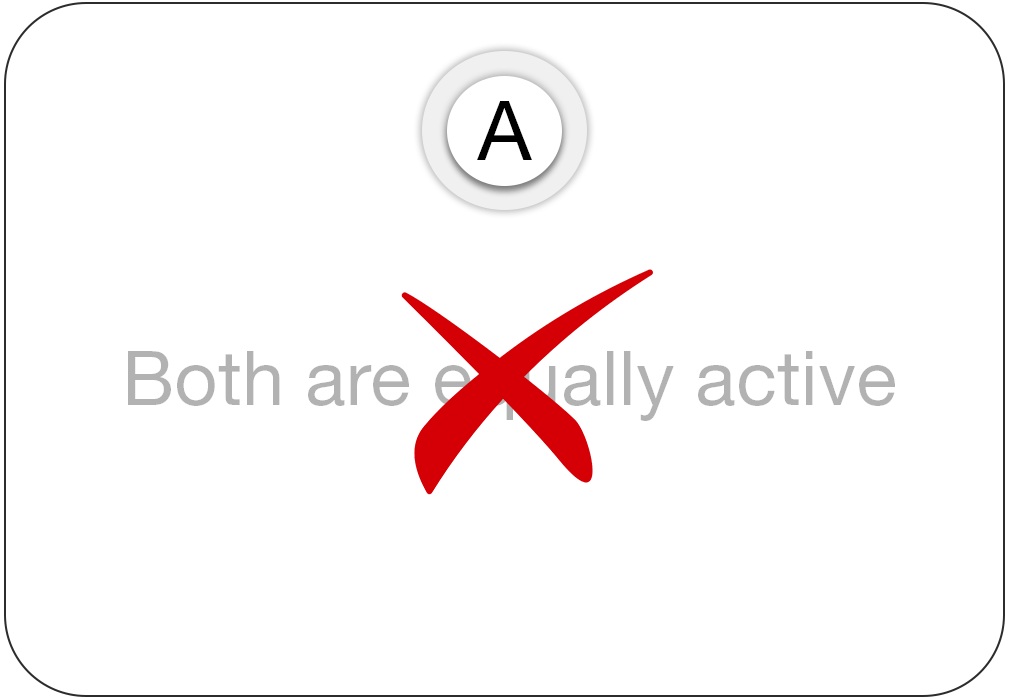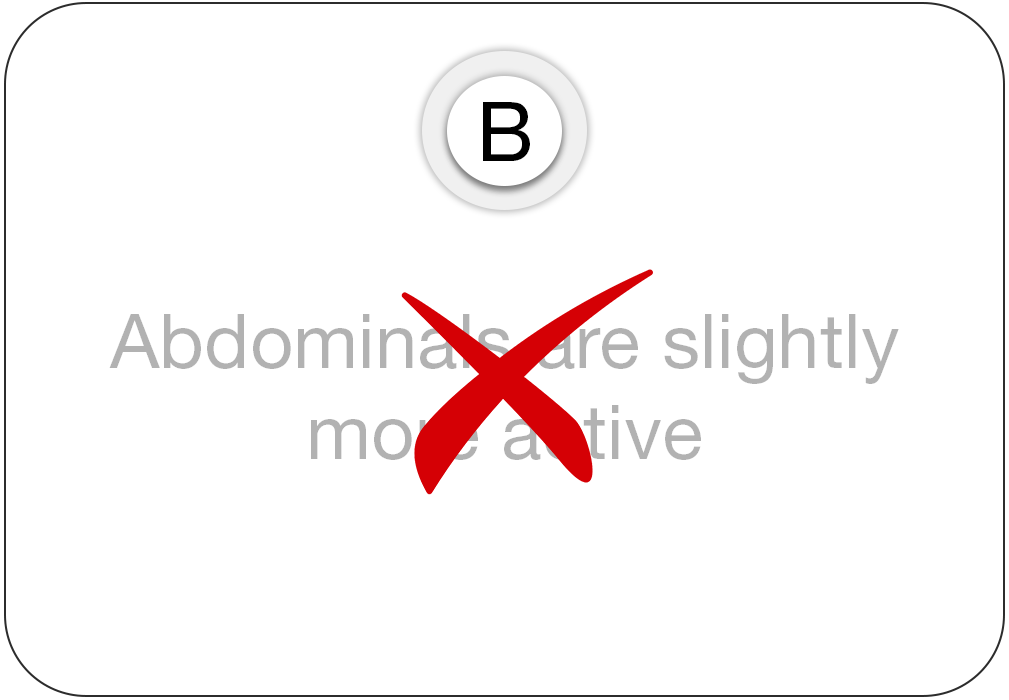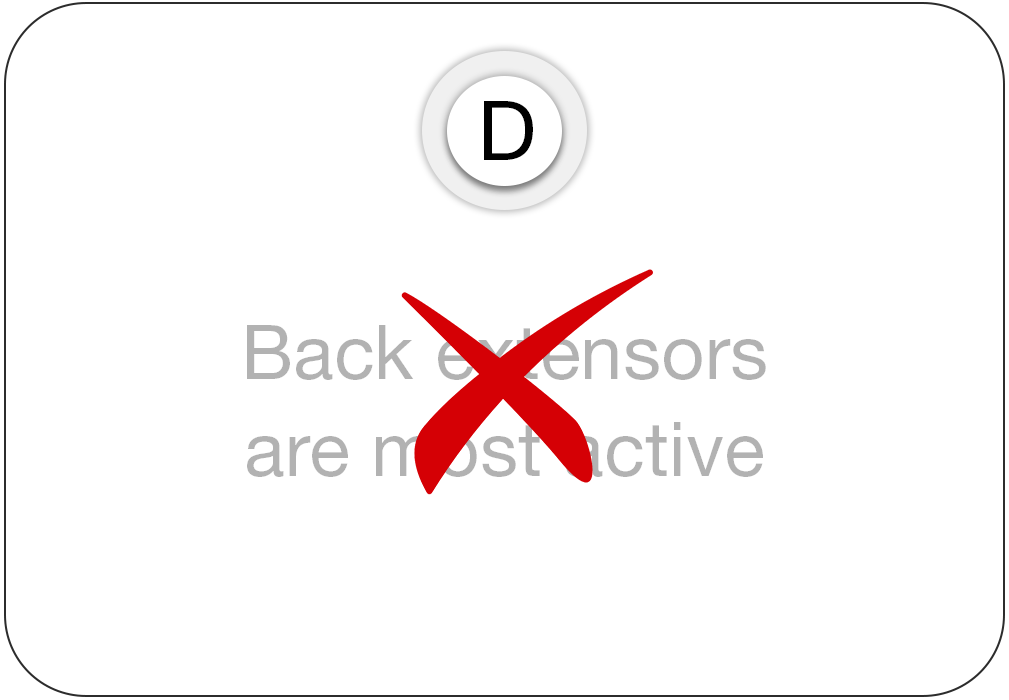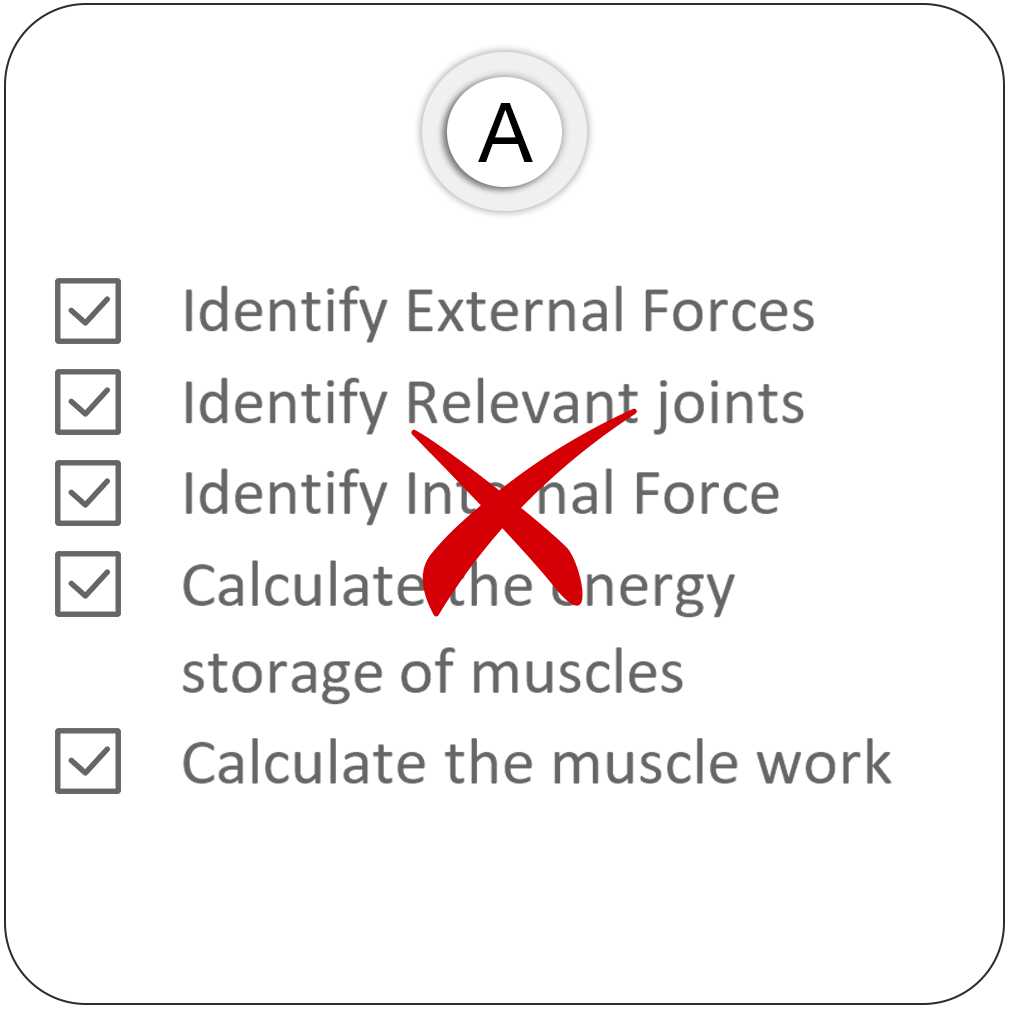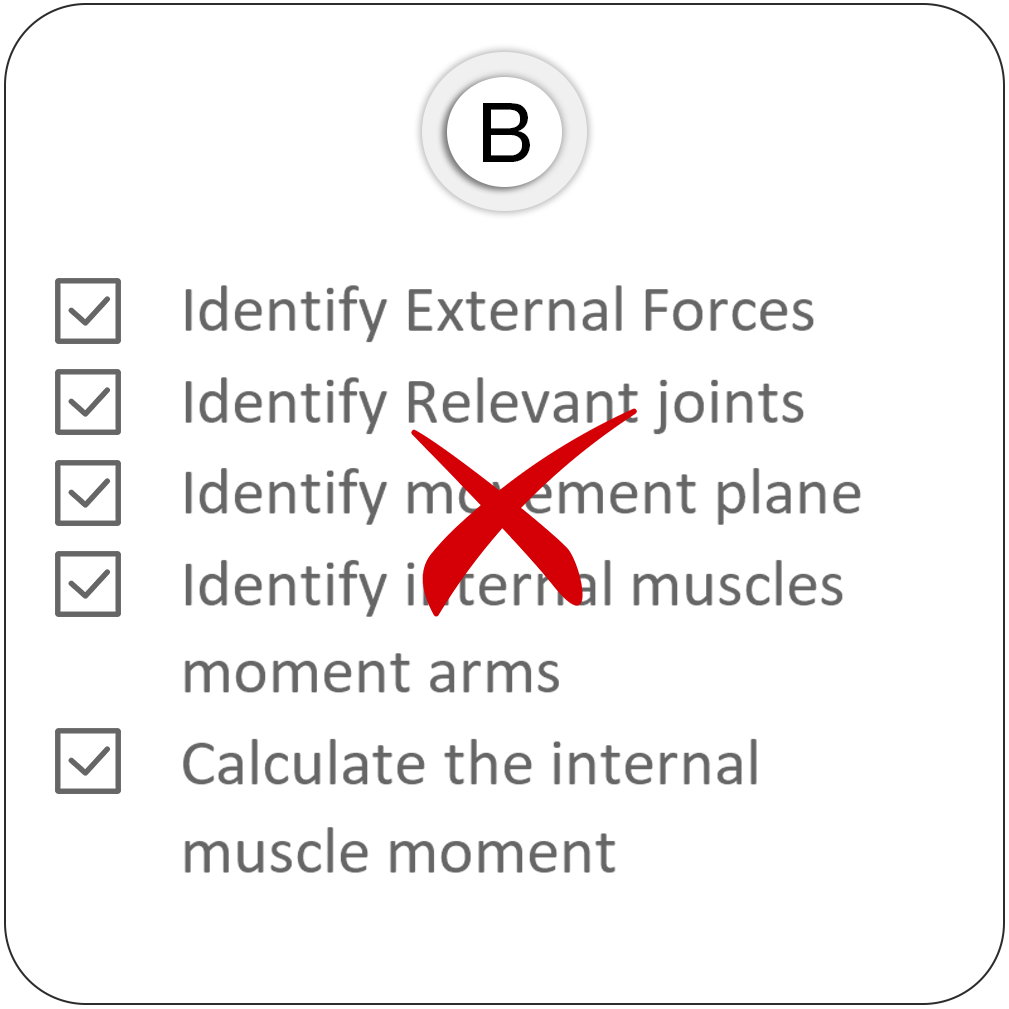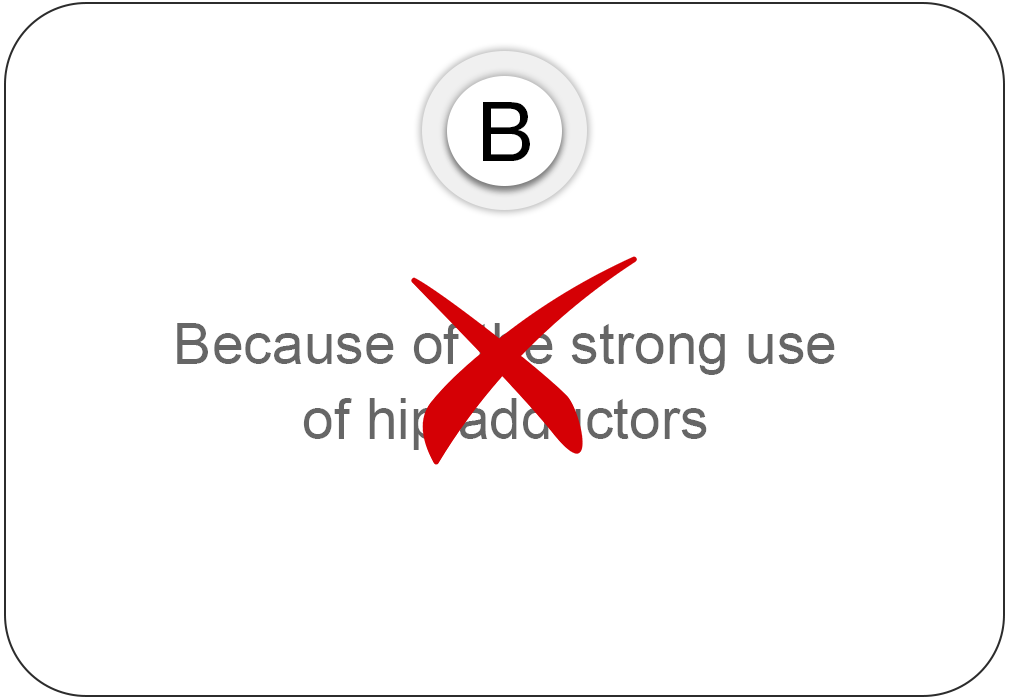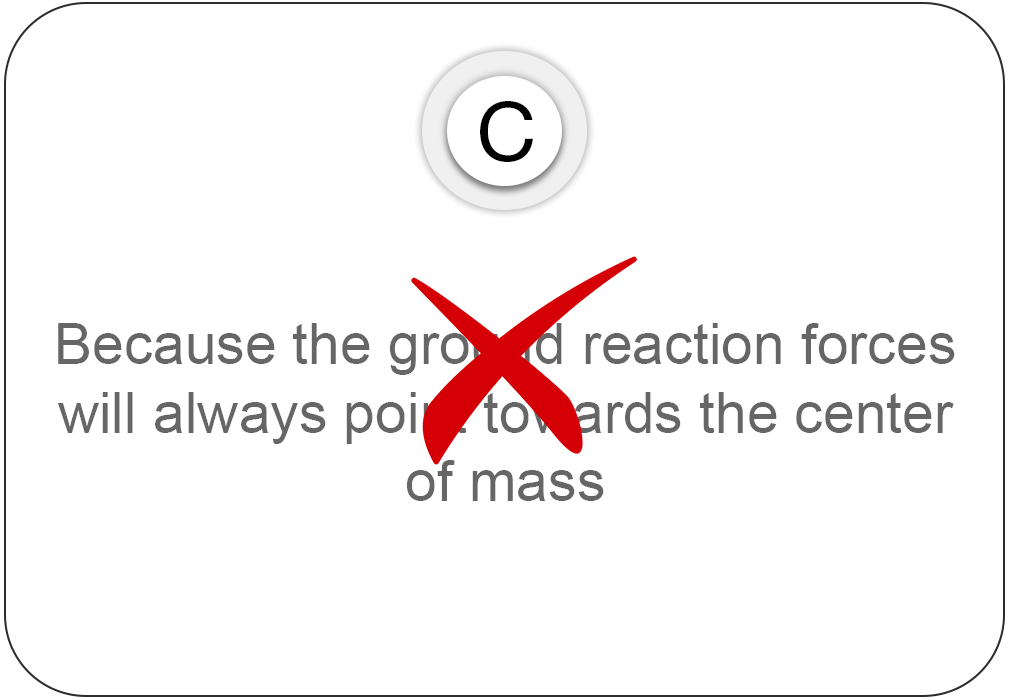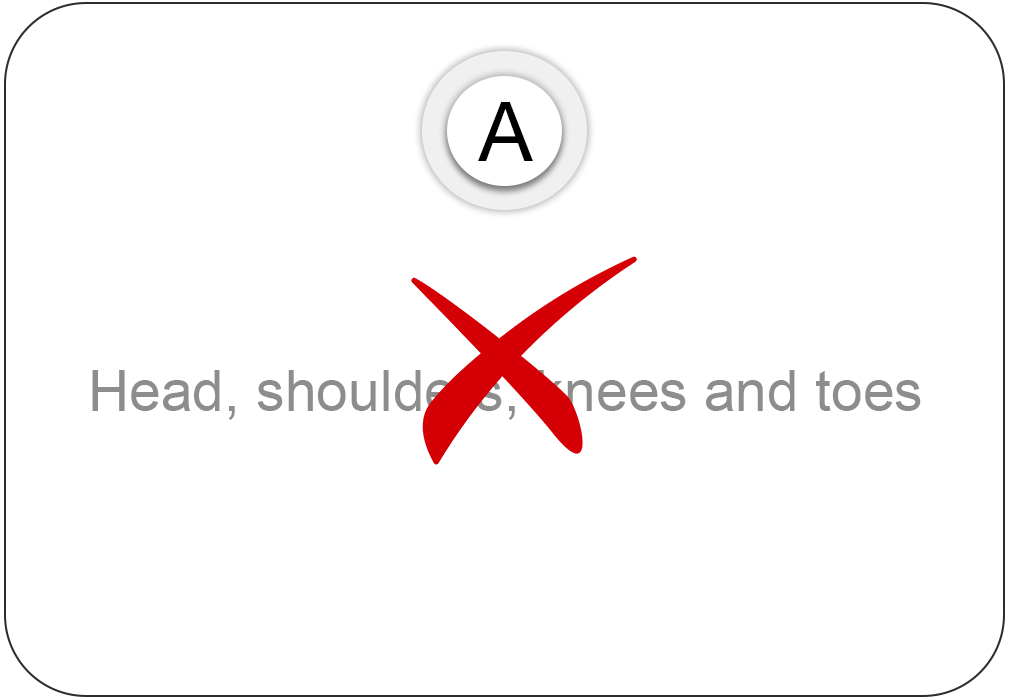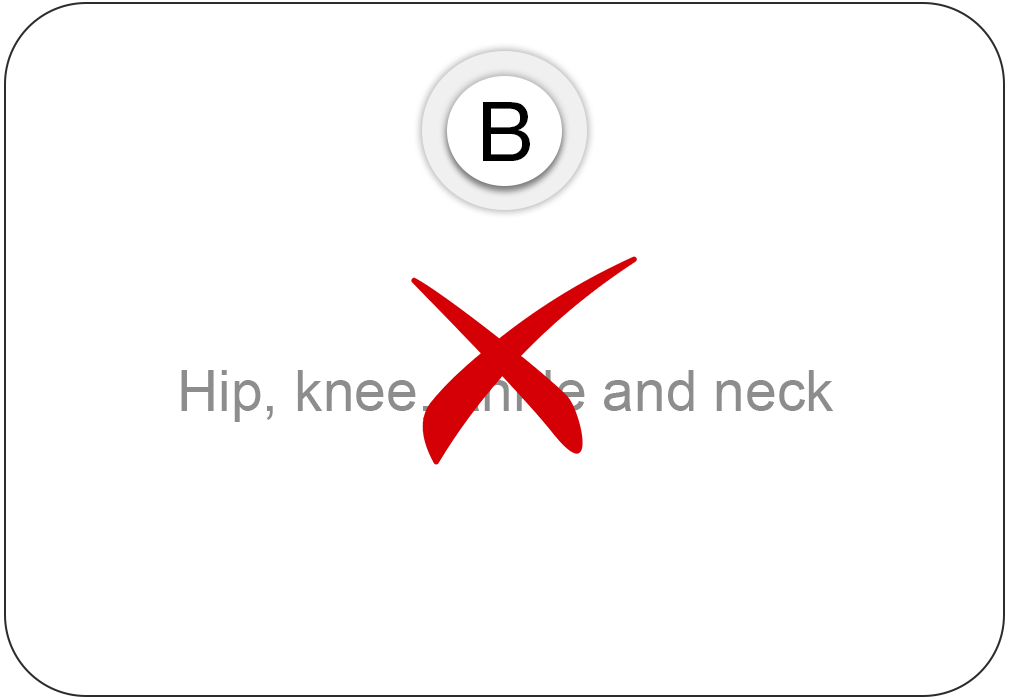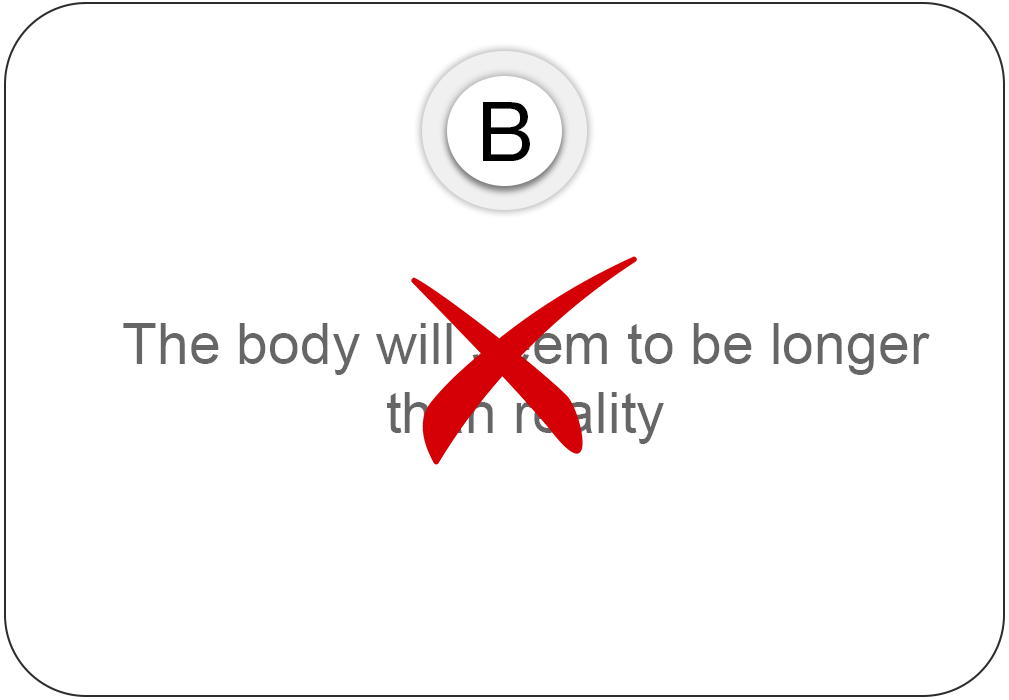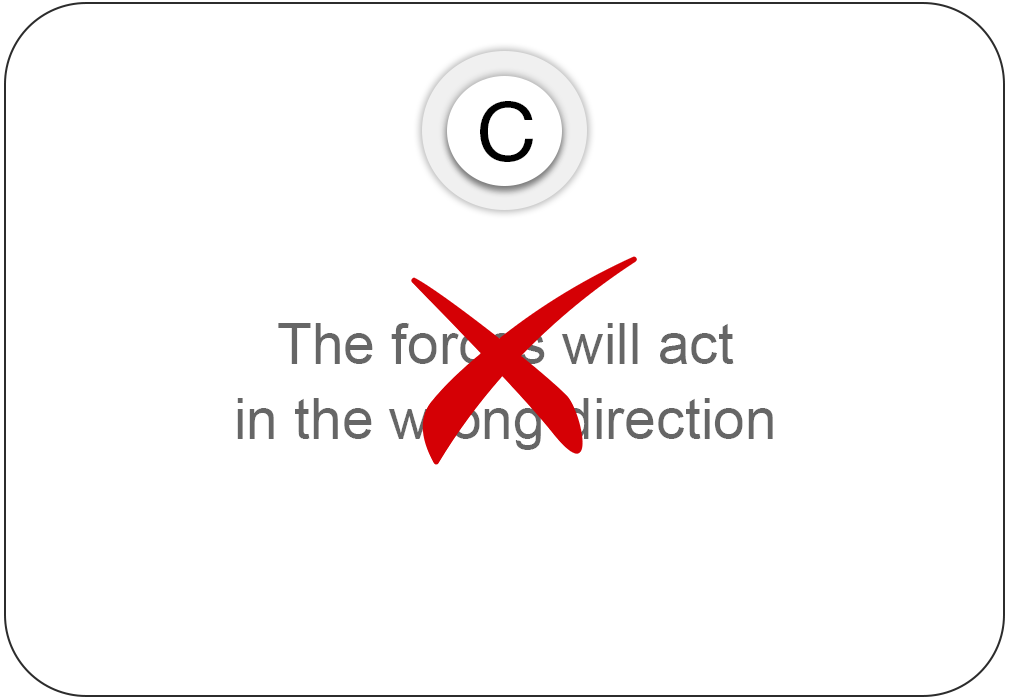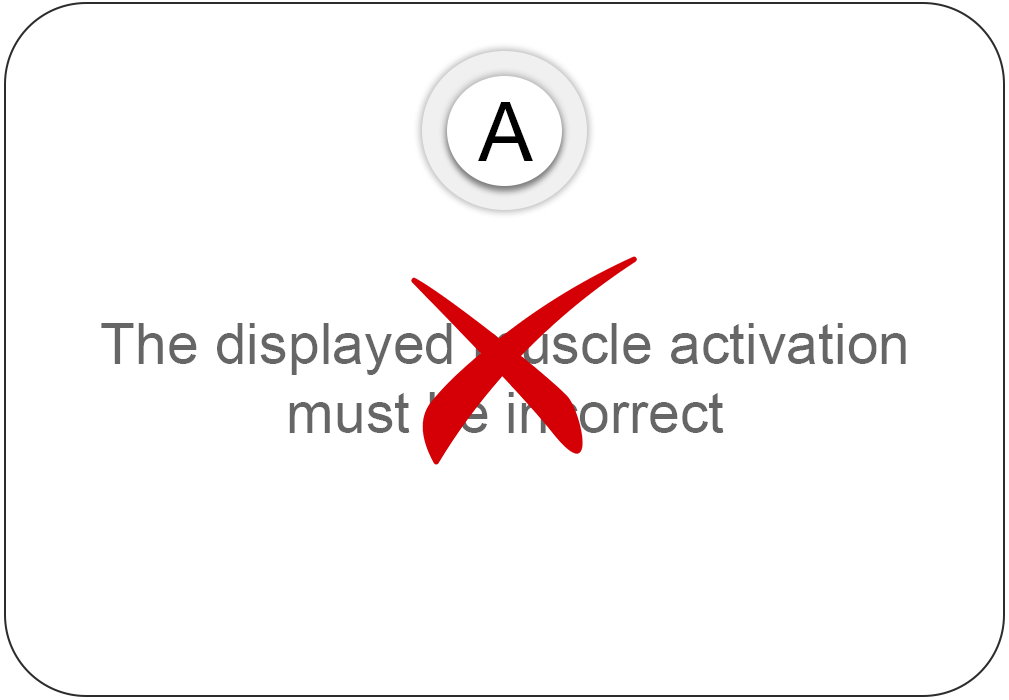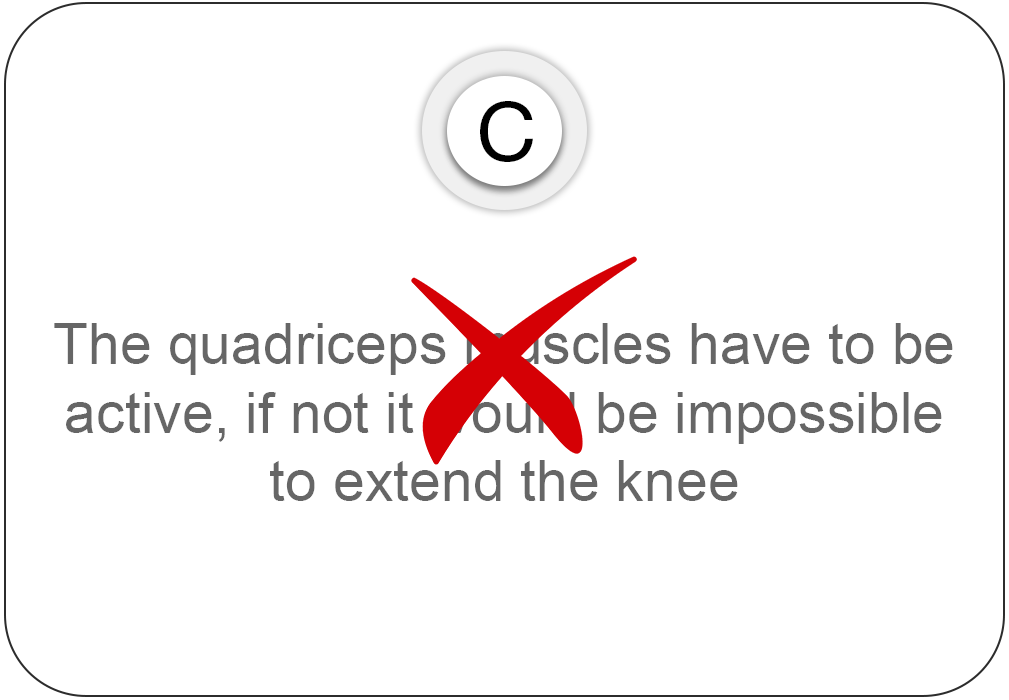BIOMECH 2
An in-depth course on biomechanical principles in strength training. This course is designed for anyone seeking expertise in strength training exercise prescription, design and analysis.
Write your awesome label here.
BIOMECHANICS AND EXERCISE ANALYSIS
This course provides deeper insight into exercise analysis. We will analyse the lunge, cable cross and the plank. The biomechanics of these exercises are more complex compared with the barbell squat, since we have to use various mechanical principles to determine the magnitude and direction of the external forces.
Write your awesome label here.
Write your awesome label here.
Develop true expertise
If you learn to apply these principles, you no longer need to study the literature to find out how an exercise loads the musculo-skeletal system. After finishing this course you might find yourself debunking myths and popular beliefs in the fitness literature.
1. Lunges
In this chapter, principles of classical mechanics will be systematically applied to determine the magnitude and direction of external forces exerted on the lifter. Ground reaction forces will be decomposed, and the role of frictional effects critically evaluated. The principles of force and moment equilibrium will subsequently be employed to quantify load distribution between the anterior and posterior limbs. Finally, the necessity of a bottom-up analytical framework for accurately assessing the biomechanics of the lunge will be demonstrated, highlighting the limitations inherent in the more intuitive top-down approach
2. Cable cross
In this chapter, the concept of movement planes will be defined, recognizing the complexity that this task may entail. Accurate identification of movement planes is critical for rigorous biomechanical analysis, and a series of exercises will be provided to facilitate applied understanding. In addition, the influence of external forces on lifting technique will be investigated. Employing the principles of force and moment equilibrium, we will analyze how variations in load magnitude govern technique adaptations during this exercise. The cable machine will be examined as a versatile tool for modifying load profiles, with discussion focused on key adjustable parameters to optimize exercise execution based on specific performance objectives. Lastly, the functional anatomy associated with this movement will be explored, with particular attention given to the observation that many upper body exercises involving the shoulder joint impose even greater loads upon the sternoclavicular joint.
3. Plank
In this chapter, the application of beam mechanics to the analysis of the plank and similar exercises will be briefly introduced. Methods for approximating calculations to assess the impact of varied loading conditions on muscle demands will also be presented. A range of illustrative examples will be provided, including modifications such as the placement of external loads at different positions along the back, alterations to the distance between points of ground contact, and the use of auxiliary equipment such as fitness balls or suspension slings. Additionally, we will examine the biomechanical implications of active push/pull strategies mediated by shoulder joint musculature.
CERTIFICATION included
